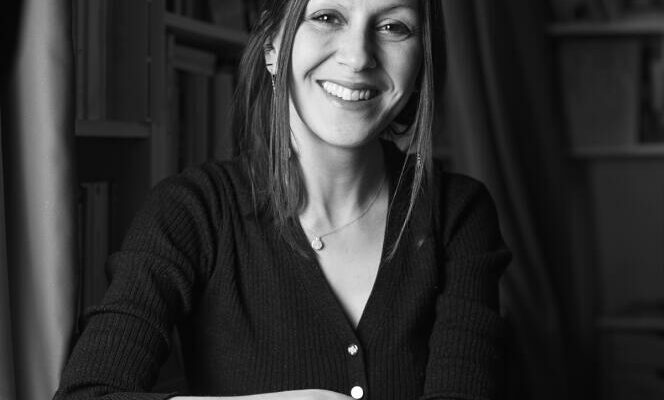On the occasion of the Goût de M Festival, March 23 and 24, Camille Labro will lead workshops “Edible school for all”. Information and ticketing on Legoutdemfestival.lemonde.fr
The food says it all. When we observe the contents of a fridge, the kitchen, the dishes, the table of a person or a people, it is a prism through which we can see almost everything, read everything. A few years ago, I wrote and co-directed a documentary film, narrated by François Morel, France in the kitchen.
We covered culinary trends and practices since the post-war period, gastronomic reviews and shows, the upheavals in domestic cooking, and the rise of media chefs. But what interested me most was avoided: the taboo subject, that of the complicated relationship that women have with food.
As I delved into this subject for my book, I realized that it was a centuries-old story. As early as ancient Greece, women cooked at home but were excluded from gastronomic culture, an erudite way of cooking and eating. However, the “wisdom of the belly” (“gastrosophy” in Antiquity) precisely allowed the elites to exempt themselves from the sin of gluttony.
Excluded, women were kept in an infantile, gluttonous and guilty relationship with food. Even today, we see the extent to which women remain invisible in the world of gastronomy and professional kitchens.
Poetic and formidable
I grew up in France, in a Jewish family, half Sephardic on my father’s side, of Moroccan origin, half-Ashkenazi on my mother’s side, of Russian origin. My mother never really tried to impose Ashkenazi cuisine, which was known to be poor and tasteless. My father (who doesn’t cook) swears by Sephardic cuisine, flamboyant, spicy, colorful.
The challenge, for my mother, as for many women, was clear (and tough): succeed in the dishes cooked by her mother-in-law. As in many Mediterranean families, the women are in the kitchen, the men in the living room talking politics. They move around and are busy feeding them and eat very little themselves. It is both poetic and formidable, this dance of women around the act of nurturing.
The dish that, for me, best embodies this is dafina, which means “stewed” in Arabic. It is the invigorating Shabbat dish, which is prepared the day before and left to simmer for fifteen hours, without touching it, since Shabbat must be, according to biblical prescriptions, “day of rest and delights”.
There is a very clear division of tasks, which implies an unspeakable alienation of women, but also a collective collaboration, a complicity between them in which I perceive a beauty, a sisterhood. This recipe, whose smells are inseparable from my childhood, is the result of discussions, exchanges of tips between my mother, my aunts, their friends and the memories of our grandmothers. This is also what gives it all its flavor.
The Eaters. History of those who devour, savor or deprive themselves to excess, by Lauren Malka, Les Pérégrines, 2023, 284 p, €20.
